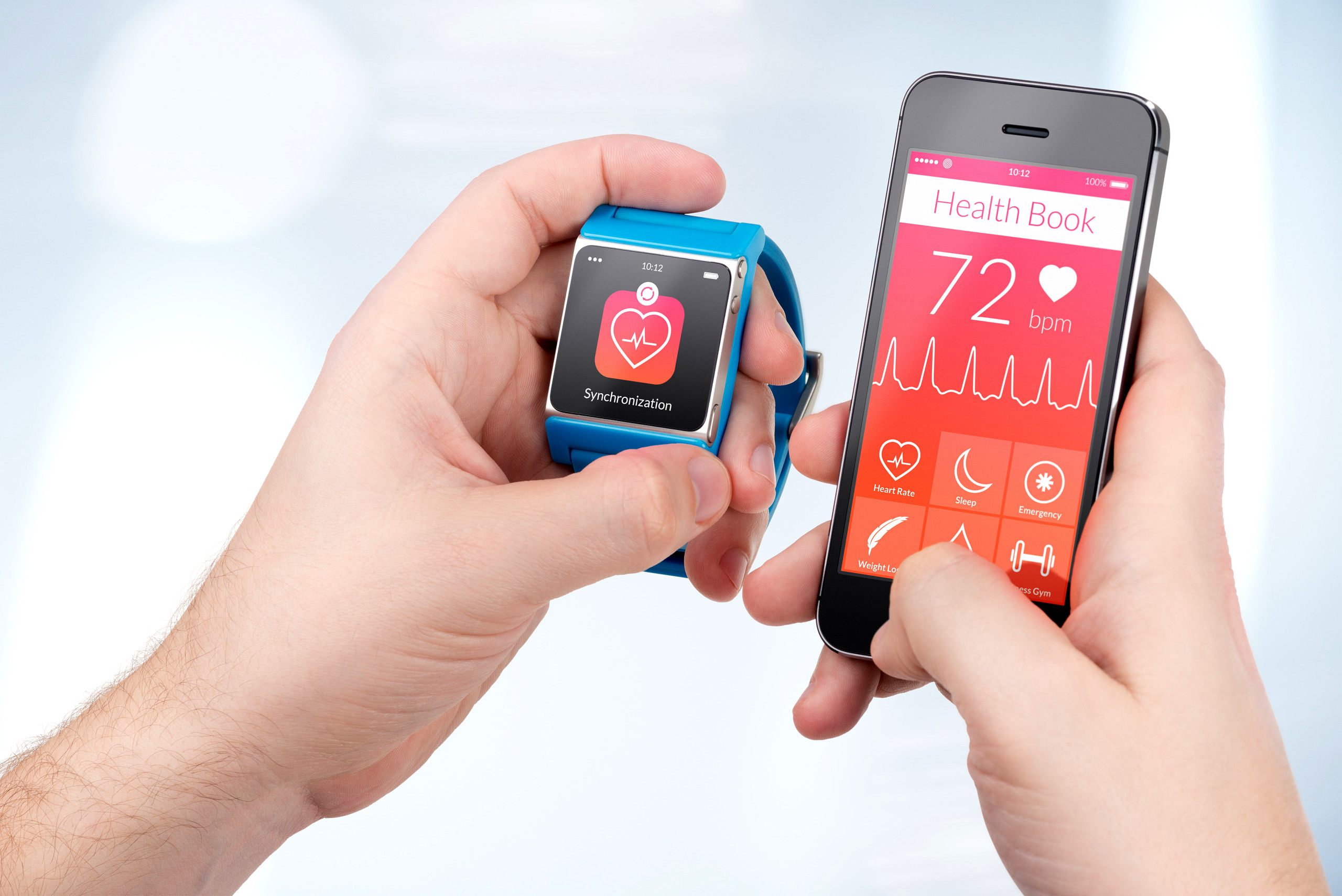
Every year, more than 30,000 oncology professionals, physicians, patients, and pharmaceutical companies from around the world participate in what is considered the most important oncology conference organized by the American Society of Clinical Oncology (ASCO) in Chicago that showcases advances in the care and treatment of cancer, considered one of the most devastating diseases in existence.
The LLYC Healthcare team attended the 58th annual meeting, which was centered on advancing equitable cancer care through innovation. The team also learned about the current direction of research, the increasingly active role of patient groups, and the latest studies conducted by researchers ranging from global challenges in access and implementation of precision medicine, the future of clinical trials after COVID-19, the potential of mRNA cancer vaccines, T-cell transfer therapies, to studies related to the inequities in cancer care based on race or economic status.
As specialists in health communication, we were able to learn about new treatments and innovative technologies that can provide hope and a better quality of life to all patients who have been diagnosed with cancer.
BREAKTHROUGHS IN IMMUNOLOGY AND NEW THERAPIES
During the event, we noticed many of the presentations focused on how changes in a person’s DNA can cause normal cells to become cancerous. The current experts in the field are focused on gaining a better understanding of the genetic changes that occur in cancer in order to identify the reasons why cells become abnormal. In this regard, there have been major advances in new approaches to treatment, such as biological therapy, immunotherapy and gene therapy, with promising results. However, these new approaches are still at a very early stage to increase the chances of survival for patients with breast cancer, advanced kidney cancer or recurrent and metastatic cervical cancer.
Certainly, with the continued study of both the immune system and cancer, along with the identification of biomarkers that help predict treatment outcomes, physicians are now prepared to offer patients a variety of treatment options that are likely to benefit them, regardless of the type of cancer or its rarity. The challenge remains how to get these innovative, personalized treatments to every corner of the globe.
A PROMISING PLATFORM: CANCER VACCINES
The silver lining of COVID-19 is scientists were able to develop a vaccine against the virus in just 10 months, a time span unlike any other in history. This would not have been possible without the advances of nearly 100 years of cancer vaccine research conducted to harness the natural power of the human immune system in fighting this disease and find ways to bypass the defenses that tumors use to thwart it, which, despite early disappointments and challenges, scientists have been able to identify for future research, including that of SARS-CoV-2. The same is true for those vaccines made from messenger ribonucleic acid (mRNA), the molecule that carries a cell’s instructions to make proteins and has the potential to accelerate clinical research on mRNA vaccines for cancer treatment.
German mRNA vaccine drugmaker BioNtech, presented the results of a Phase 1 clinical trial of its vaccine against a common form of pancreatic cancer that currently has no treatment options. However, these results showed how this vaccine trial worked to boost the immune response for some of the participants. This paves the way for further studies to establish the efficacy and safety of mRNA vaccines for PDAC (pancreatic ductal adenocarcinoma) as well as other cancers and demonstrates that mRNA vaccines are a promising platform for cancer immunotherapy because of their high potency, safe delivery, rapid development possibilities and cost-effective manufacturing, which will help scientists strengthen their ability to help fight this disease. However, this will not be an imminent process: the widespread use of cancer vaccines is still years away.
MOBILE DEVICES AND WEARABLE DEVICES: ESSENTIAL TECHNOLOGY FOR CANCER MONITORING AND PROGNOSIS
Mobile and wearable devices in the form of watches, rings, or bracelets that help monitor our heart rate, respiratory rate, and our daily steps, were presented as the next technological revolution in the prognosis of survival of cancer patients.
One of the reasons that almost 370,000 patients undergoing chemotherapy in the U.S. have to go to the emergency room or remain in the hospital each year is because of its side effects. So, researchers from Fred Hutch’s HICOR group presented a study that will use both a smartphone app and a biosensor smartwatch to help identify patients that might be at a higher risk of rushing to the emergency room.
This is just another indication that mobile and wearable devices are changing the way we collect and analyze patient-generated health data. We need to prioritize innovation, research, and investments in order to reap the benefits that these gadgets, that rapidly process biomarkers to ensure the patient’s health, can bring.
CHALLENGES AND OPPORTUNITIES: MAKING CANCER A PUBLIC HEALTH PRIORITY
After reviewing hundreds of posters and studies during those 5 days, the conclusions are clear: there are equally as many challenges as opportunities to treat one of the leading causes of death across the world.
On one hand, doctors have more and better treatment alternatives to help their patients, with the support of new technologies, smart devices, and the potential of Artificial Intelligence which can be applied to treatments such as immunotherapy, targeted therapies or gene therapy making them the new hope for improving the quality of life of the most vulnerable groups and the elderly. At the same time, pharmaceutical companies continue to research, develop, and market innovative solutions to significantly improve the health and quality of life of those diagnosed with cancer. Additionally, patients are becoming increasingly informed and demand that innovation arrives faster, both from private and public institutions, which in a post-pandemic world, have an even greater responsibility to prioritize policies based on schemes of access to new drugs as well as their value and benefit rather than their price.
On the other hand, we cannot deny that the current situation of cancer control is still unequal between and within countries. To ensure that families do not suffer, we need to alleviate the inequalities aggravated by the lack of strategic investment in cancer as a public health priority and remind global health systems, especially in developing countries, of the need to achieve funding to meet the demand for innovative therapies and drugs, as well as the need to establish regulation and encourage the necessary investments to carry out negotiation and access models by public policy agencies and other actors in the sector.
Finally, as one of the few communication consultancies that participated in this annual event, we understand the great need to communicate these advances beyond the scientific or rational aspect of the results, as well as seek other channels besides the communication between companies and doctors, which are based on technicalities and oftentimes forget the social benefits for patients. We must share our expertise and relationships with opinion leaders in the sector and help change the apocalyptic perception of the disease. We can do so by highlighting the previously mentioned advances and achieve greater collaboration with public-private alliances that can finance and meet the needs of the 20 million patients diagnosed with cancer per year (2021 figure, WHO) so they can have access to drugs and treatments that can save or prolong their lives.
Ana Lluch Consultora Senior LLYC de Healthcare Américas
Javier Marín Director Senior LLYC de Healthcare Américas



